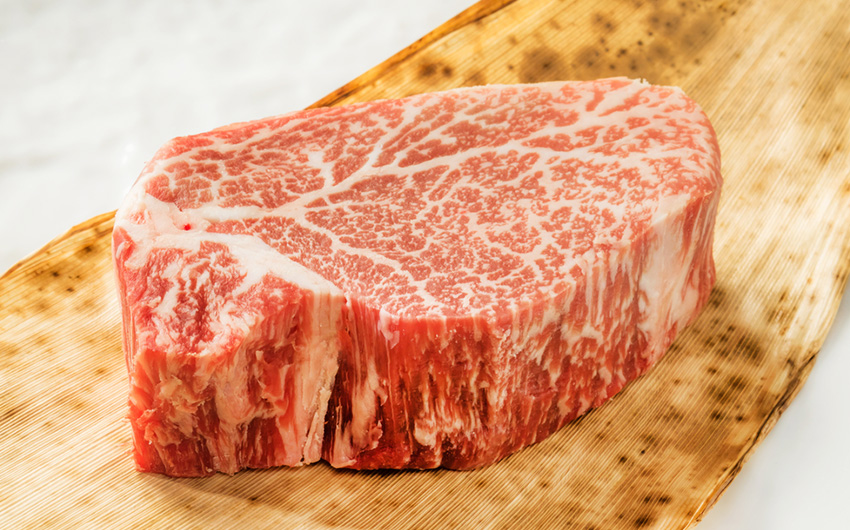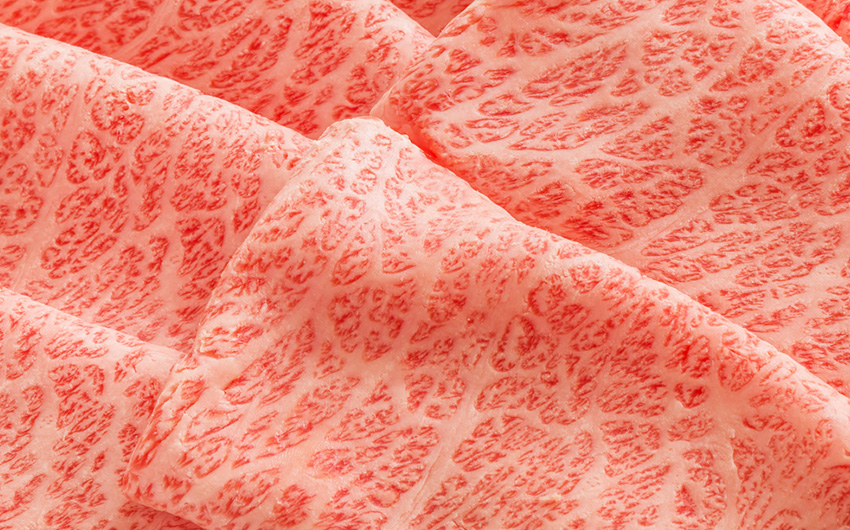But given that so many things in Japan are, or at least seem to be, from a long established tradition, visitors are often surprised to learn that world-famous Kobe beef has barely reached the half-century mark.
Kobe beef only became internationally-known in the late 1950s and early ‘60s, when cattle ceased to be beasts of burden, and it was only in 1983 that the Kobe Beef Marketing and Distribution Promotion Association was formed to oversee quality and protect the Kobe trademark.
Japanese cattle producers applied themselves to this new industry as the Japanese do to nearly everything, investing a great deal of care and subtlety, and the result is one of the finest cuts of beef ever produced.

The desired qualities of Kobe beef – even marbling, a distinctive flavor, great tenderness and a quality of fat that is high in unsaturated fats and has a low melting point – are important. But just as compelling is the manner in which it is raised: Very few Argentinian cattle ranchers are liable to massage their bovine charges, and even fewer American cattlemen are going to be found sharing their beer with their livestock.
Considering that they are being raised to be slaughtered, Wagyu beef have it easy. During the hot summer months, they are fed with a bottle of beer a day if they don’t eat because of the heat. They are kept largely indoors to preserve their energy and are even given special oil massages, which are thought to distribute their subcutaneous fat and promote the even marbling for which Kobe beef is known.
When the cattle are slaughtered, the qualities that make Kobe beef so special come fully into pay. If it has been done well, the meat from the cattle is consistently marbled. Not just that, but the quality of the fat itself is qualitatively different than most beef: The melting point of fat of Kobe beef is said to be considerably lower than that of common beef fat, meaning it requires less cooking. And that fat is said to be much higher in unsaturated fat, with high levels of oleic acid, making it similar to olive oil.
So now you know that Kobe beef isn’t simply an overpriced piece of meat, we truly recommend you try it when you have the chance to do so in Japan.

Comments